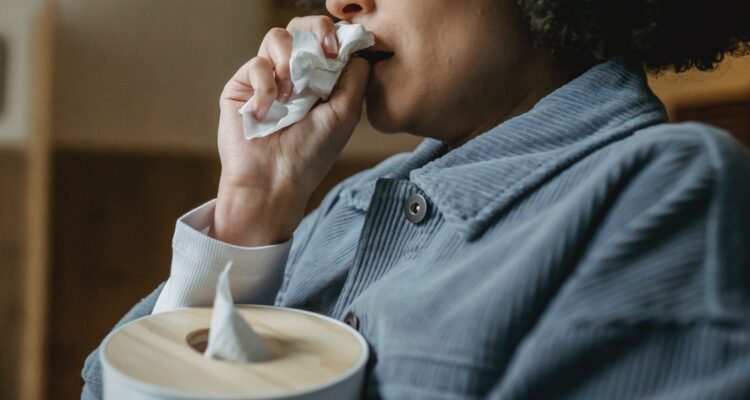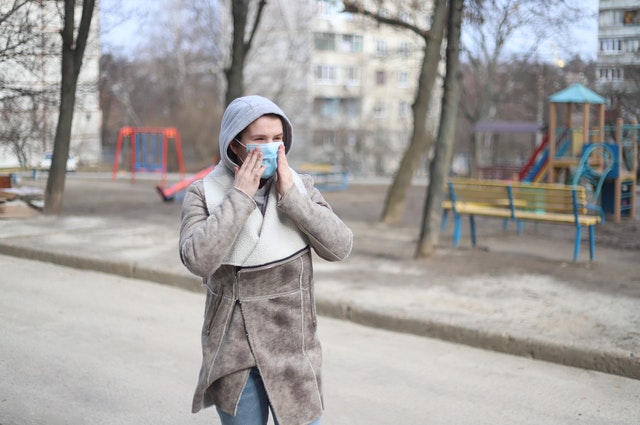
Many benefits are associated with using nasal irrigation, including the alleviation of cold symptoms. Using a distilled water source may help you avoid bacterial infections, while the use of a neti pot will allow you to rinse your nasal passages regularly.
In addition, nasal irrigation can be used to prevent sinus problems, such as allergies. The ancient Hindu practice of Jala-neti, or nasal irrigation, dates back to the Vedas. The practice of nasal irrigation has been around for centuries. It originated in the Ayurvedic and yoga medical tradition and is becoming more popular in Western medicine.
It is commonly used for a variety of ailments, including chronic rhinosinusitis and allergic rhinitis. In addition, it can help relieve sinus pain in children. Its popularity in recent years has made it a popular treatment option for many people, from people suffering from allergies to those who are suffering from chronic respiratory conditions.
A Quick Background on Nasal Irrigation
In Ayurvedic medicine, nasal irrigation is called Jala neti. It can help alleviate symptoms of cold and allergy. It can also help to prepare your nasal passages for a nasal spray. And, since the process helps thin the mucus in the nasal passages, it will make it easier to absorb the medication.

It can also reduce swelling and exposure to allergens. In short, nasal irrigation is an effective treatment for nasal congestion and many other conditions. Nasal irrigation has been used for various purposes. It is recommended by doctors for rhinitis of pregnancy and acute rhinosinusitis, though no clinical trials have shown its effectiveness.
It is also frequently prescribed postoperatively following endoscopic sinus surgery. However, it can be uncomfortable, but in the long run, it should improve your overall condition. And, while some people are concerned about the discomfort of the procedure, it is also a safe and effective treatment for chronic sinusitis.
Uses of Nasal Irrigation
The use of nasal irrigation is not limited to treatment for upper respiratory tract infections. It has been used for many centuries. It is used for the prevention of children with respiratory infections, and it is often associated with other therapies to improve the condition of these patients.
It has been shown to help alleviate several conditions and is also effective for allergy relief. But if you’re concerned about the safety of nasal irrigation, it is best to consult with a physician before using it. Although nasal irrigation is not a cure for sinusitis, it is a beneficial adjunctive therapy for patients suffering from allergies and asthma.
It is also beneficial for people with chronic upper respiratory conditions, like hay fever, who experience symptoms related to allergies or asthma. If you’re looking for an alternative treatment, consider using a saline solution. This will not cause any irritation to the nasal passages.
You can simply add 2.5 ml of table salt to the solution to achieve the desired concentration. There are several common NI methods. The most common is saline nasal irrigation. It uses a syringe to administer saline solution into the nasal cavity.
Controlling the Solution’s Pressure
The pressure of the solution varies depending on how much pressure the operator applies. Ineffective NI can also be dangerous for children and pregnant women. A saline rinse can cause discomfort, so a small neti pot is the best option.
Another method of nasal irrigation is using a neti pot. This device is a plastic bag containing saltwater. You should put the neti pot in your upper nostril, tilt your head over a sink, and pour the saltwater solution into it. After using the neti pot, you should rinse with sterile or distilled water.
After completing the procedure, rinse with the saline water and air-dry the irrigation device. In addition to nasal irrigation, the use of a neti pot is a valuable tool for treating colds and sinusitis. You can also use a salt-water solution to clean the nose.
You should avoid contaminated water. A contaminated device can cause infections, so it is important to clean the device properly. If you have a virus, you should seek medical attention immediately. It is advisable to consult a doctor before using a neti pot for nasal irrigation. Also, make sure you drop by this informative ENT Blog for the latest details on nasal rinsing.
